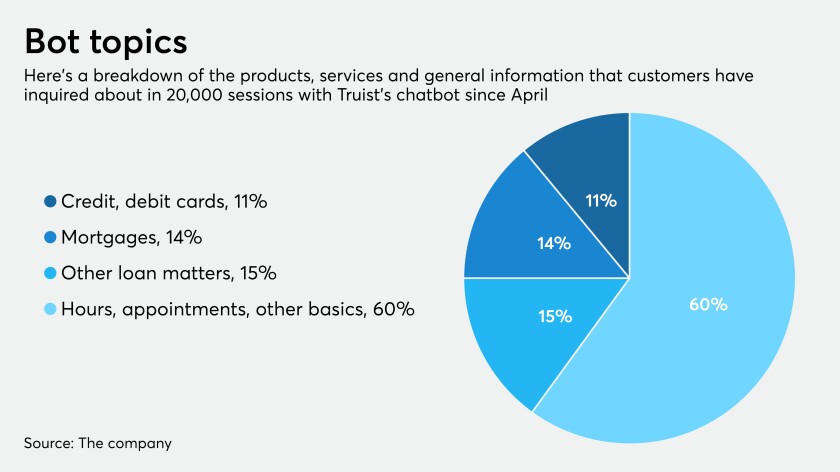Canada’s small businesses have lagged behind the U.S. in adopting digital commerce for a variety of reasons, but coronavirus might send things in a new direction.
Visa found in a recent study that while half of Canadians routinely browse or shop online, small businesses across Canada aren’t keeping up.
About half, or 46%, of U.S. small businesses sell their products online, but only about a third of Canada’s small businesses do, according to Sarah Steele, senior director of Visa small business products.
“We also saw that 15% of U.S. SMB sales come from online channels, while only 12% of Canada’s small-business sales are online,” Steele said.

One reason for the gap could be Canada’s large size and relatively smaller population spread between a handful of large cities and a vast rural territory, Steele speculated.
A reluctance to sell outside of Canada could also be a factor. Only one in 10 SMB execs surveyed said they’re ready to manage international customers, according to Visa’s survey.
“Canada’s landscape can be daunting, creating obstacles in payment processing, logistics and even with handling foreign exchange fees on cross-border transactions,” Steele said.
Among the pandemic-related issues covered are how to handle the Paycheck Protection Program and other stimulus efforts.
Built to respond to borrowers' questions about mortgage deferrals, the bot created by Salesforce is evolving and in the future could conduct transactions, handle a wide range of queries or help with emergencies.
A public-private partnership that has fewer rules and restrictions than the Paycheck Protection Program would save more small businesses.
The growing pace of e-commerce — plus the abrupt shift to a work-from-home culture in response to coronavirus — could help Canadian SMBs close their e-commerce gap in North America, however.
E-commerce in Canada since the outbreak of coronavirus has ticked up, according to news reports, feeding a broader trend of tackling perceived obstacles to e-commerce sales to meet surging demand.
Even prior to the coronavirus outbreak, one brick-and-mortar retail operation in Canada discovered almost by accident that it was sitting on strong untapped demand for an e-commerce site.
Joey Walsh in 2011 began refurbishing used professional hockey sticks in his parents’ garage and selling them to friends at a fraction of the cost of new sticks, eventually naming the operation HockeyStickMan.
As the business grew, Walsh expanded and moved it to a small warehouse and showroom in Toronto in 2014, selling exclusively to walk-in customers.
When an employee suggested Walsh add an online sales option, Walsh resisted.
“I said no at first, because like a lot of Canadians I was turned off to online shopping because I got hit by U.S. cross-border e-commerce fees and I didn’t want to deal with any of those hassles or even with shipping,” Walsh said.
The employee nevertheless created a bare-bones e-commerce site for HockeyStickMan via Shopify to test sales. With no advertising, the company immediately began receiving dozens of orders.
“We started selling so much online that our in-store business became secondary,” Walsh said, adding that he hired several people to manage shipping, returns and cross-border payments for what has become a booming e-commerce operation.
In the last six years HockeyStickMan has expanded its operations five times, and now employs 15 people, selling new and used hockey sticks and equipment to customers globally.
“It’s evolved so many times since we went online,” Walsh said, noting that HockeyStickMan now manufactures its own hockey sticks in China and also works with 150 different hockey teams to acquire and restore professional used equipment.
HockeyStickMan operates three stores, including the Toronto showroom, for in-person sales.
“It’s important to have both the online and the store, because a lot of customers still want to come in and see the items — but online we’re able to reach a lot of markets of people who can’t come in here,” Walsh said.
Coronavirus is putting a damper on HockeyStickMan’s sales, because hockey playing is temporarily shut down.
“We’re hurting because hockey equipment sales are down at the moment, but at the same time I can see that for a lot of reasons coronavirus is driving more customers to go online because they can’t get here,” Walsh said. “I can see that this is going to prompt a lot of consumers, and businesses, to open up online.”






